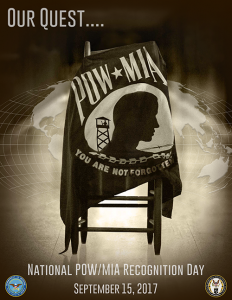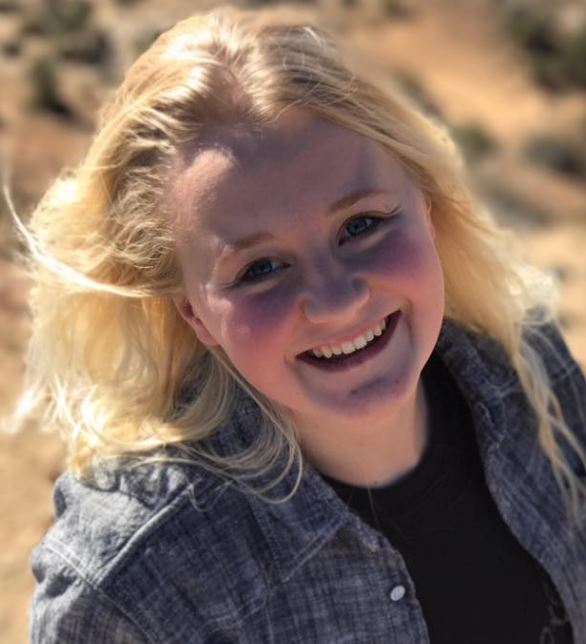 My biggest fear was marrying someone in the military.
My biggest fear was marrying someone in the military.
I couldn’t fathom the idea of being a military wife with all its different aspects. I didn’t like the idea of my fate and my husband’s fate being decided by the winds of politics and world commotion. I didn’t like the idea that, any day, they could need him and deploy his unit, and I would be stuck at home, alone, waiting for him to come back. One question haunted me as I was dating and falling in love with the soldier who would become my husband:
What if he left and never came back?
About the same time I was battling these fears I went into a job interview at the Center for Family History and Genealogy at Brigham Young University where I study. In this interview, I learned about a new exciting project that I could possibly help to start.
The gist? Find living family members of MIA and POW soldiers in an effort to comfort and give closure to these families by returning the remains of their missing soldier.
This is exactly what I needed. A reassurance that this country is serious about the promises they make to their servicemen. They are actively bringing these soldiers back and trying to heal broken hearts. One family at a time. No soldier left behind.
BYU’s part in this project?
My job was simple enough: students on the project receive a case for a soldier and use genealogical research to identify the soldier’s next of kin, as well as any possible yDNA and mtDNA donors. We then compile a report with this information and send it forward to the Defense POW/MIA Accounting Agency (DPAA).
The DPAA’s part?
When the DPAA receives the information we send them, they contact family members and the responsible Defense Department component sends them a DNA kit. After testing the DNA of the family members and comparing it to the DNA results of unidentified remains, the hope is to reunite families with the remains of their soldier.
Starting this project was a turning point for me in my progression as a genealogist.
For the first time, I felt as though my talents were not just a glorified hobby, that they were a means of helping people heal and giving comfort to mourning families. That said, I have never before had a harder, more humbling, or more rewarding job in my life. This project has increased my pride in my own American heritage, as well as my pride in now being the adoring wife of a U.S. soldier.
For more information about this project or to register as the next of kin to a missing soldier in your family, see http://www.dpaa.mil/.
Share this:

About Savannah Larson
Savannah Woolsey Larson, a student at Brigham Young University who works at the Family History Library in Salt Lake City (with an emphasis in Nordic research), was an intern at NEHGS during the summer of 2018.View all posts by Savannah Larson →